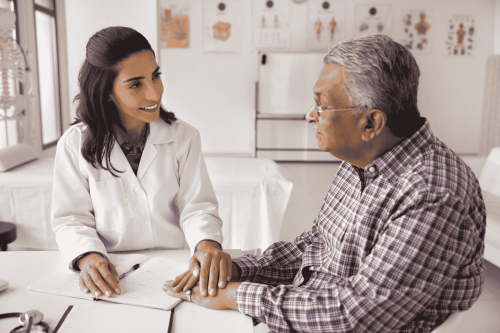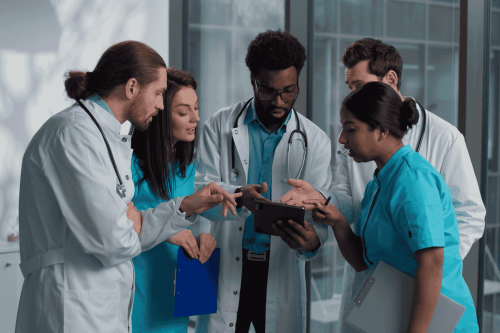World Antibiotic Awareness Week (Nov. 13-19): The Fight Against Antimicrobial Resistance
“This year’s theme: Seek advice from a qualified healthcare professional before taking antibiotics.” (WHO)
Antimicrobial resistance (AMR) is known as infections that no longer respond to drug treatments. For the most part, AMR can happen one of two ways. The first way is bacteria will build tolerance to the medication due to pre-exposure. The second way is bacteria alters its genetic makeup in order to withstand the antibiotic. According to the CDC, up to 50% of the antibiotics that are prescribed are not necessary.
Furthermore, AMR creates major set backs in the progression of health and medicine. AMR negatively changes the capabilities of medications while treating common infectious diseases. According to the United States Agency for International Development (USAID), about 700,000 people die annually due to infections that have developed AMR. Specifically, 23,000 people die annually in the United States alone from infectious diseases that are resistant to antibiotics (CDC).
Markedly, these infections include:
- Malaria
- Tuberculosis
- HIV/AIDS
- Influenza
Unfortunately, AMR is an issue worldwide. AMR additionally generates rises in costs of healthcare. Multi-drug-resistant tuberculosis (MDR-TB) is an example of a drug resistant form of TB. Treating this condition could cost as much as $10,000 per patient (USAID).
For more information about AMR and connected infectious diseases click here
How do we fix it?
In May 2015, the World Health Assembly created a global action plan to take action against antimicrobial resistance. The global action plan consists of five critical components.
The first component consists of creating better public awareness of AMR. The second goal is to gain knowledge through research. After all, knowledge is power. The goal of the third component is to reduce the occurrence of infections. The fourth component encompasses optimizing the use of medications. Lastly, establishing ways to assist lower income countries and increase new investments is the final component of the global action plan.
For more information about the global action plan visit this link
Ways You Can Get Involved
According to the WHO, individuals should do their part by:
- Only take antibiotics that are prescribed to you by a qualified health professional.
- Maintaining proper hygiene.
- Never share or use left over medications.
SPREAD the word! You can join the conversation about the WAAW with twitter at #AntibioticResistance
Information referenced from:



